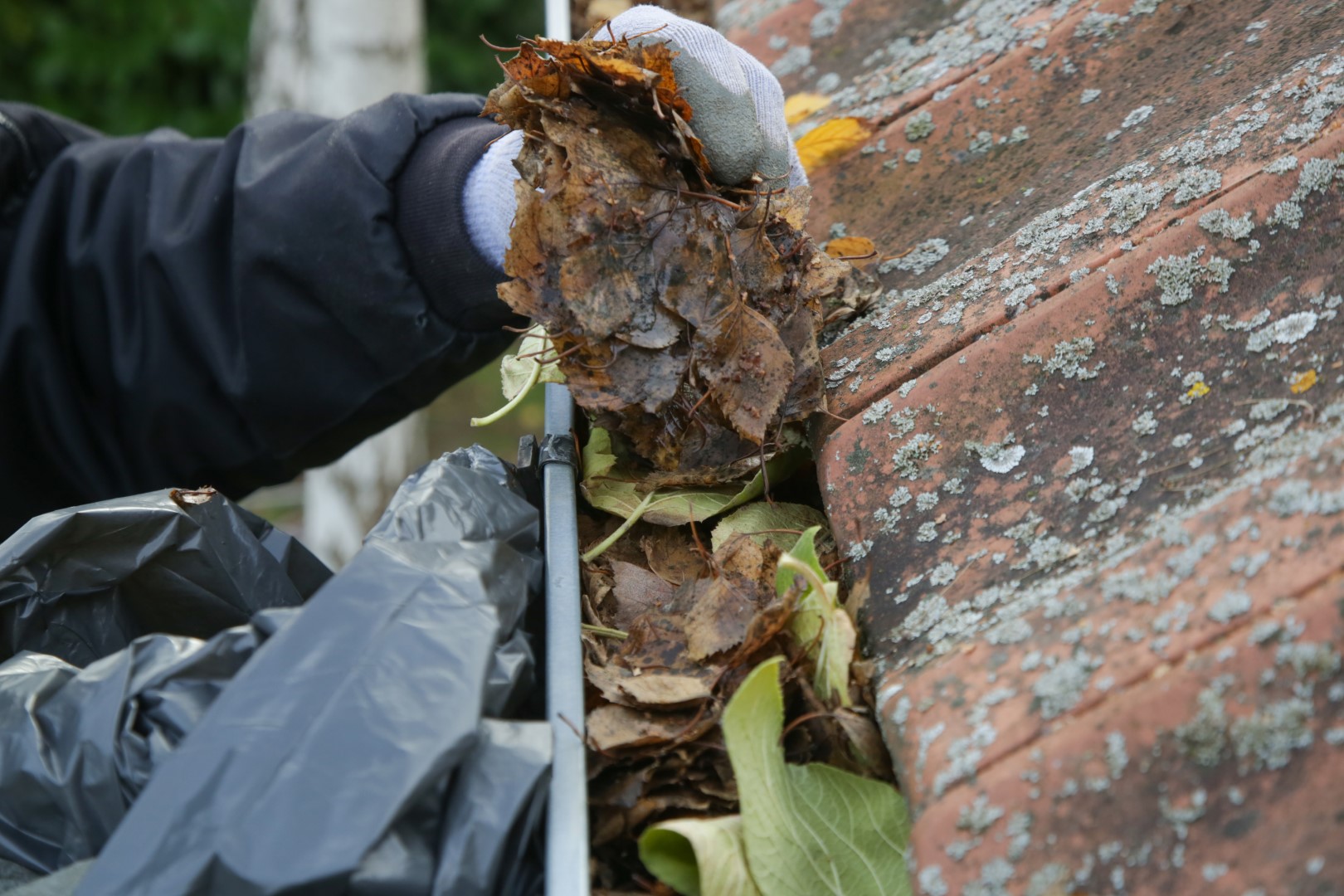Boiler Leaks Explained: A Complete Guide by HomeService.Insure
When your boiler starts leaking, it can cause anything from mild inconvenience to serious damage in your home. Acting quickly not only protects your property but could also save you money on repairs or replacements.
This guide from HomeService.Insure explains the most common reasons for boiler leaks, what to do in an emergency, and how to keep your system in top shape.
Contents at a glance
- First steps if your boiler is leaking
- Main causes of boiler leaks
- Safety concerns: should you keep using it?
- Preventative measures every homeowner should know
- Quick answers to common questions
- How HomeService.Insure can help
First steps if your boiler is leaking
If you notice water escaping from your boiler:
- Shut off the water supply using the isolation valve.
- Turn off the heating system to reduce further strain.
- Cut power to the boiler at the mains to avoid electrical risk.
- Contain the leak with a bowl or bucket and mop excess water.
- Call a Gas Safe registered engineer as soon as possible.
Tip: Note where the water is coming from and what the pressure gauge reads. This information will help your engineer diagnose the fault faster.
Main causes of boiler leaks
- Corrosion inside the boiler
Over time, oxygen and water can corrode internal pipes or the tank itself, leading to weak spots and leaks.
Solution: If corrosion is limited to one pipe, it can be replaced. Widespread rust usually means a replacement boiler is the most cost-effective option.
- High system pressure
If pressure climbs above safe levels (usually 2–2.5 bar), the relief valve may release water.
Solution: Bleed your radiators to lower pressure, and check the filling loop tap is fully closed.
- Recent installation issues
New boilers sometimes develop small leaks at the joints after fitting.
Solution: Ask your installer to revisit and tighten fittings. Always ensure your installer is Gas Safe registered.
- Worn seals and joints
Seals naturally degrade with heat cycles, leading to small leaks.
Solution: A quick fix for an engineer — usually a new seal or joint replacement.
- Faulty heat exchanger
A cracked heat exchanger is one of the more expensive repairs.
Solution: A professional inspection will determine if it can be repaired or if replacement is better value.
- Pressure relief valve failure
If the valve itself malfunctions, it may leak even at normal pressures.
Solution: Don’t attempt DIY here — call a Gas Safe engineer for a safe replacement.
- Blocked condensate pipe
Condensate pipes can freeze or clog with debris, backing water into the boiler.
Solution: Carefully thaw an external pipe with warm water, but otherwise call an engineer to clear or replace it.
Safety concerns: should you keep using it?
Absolutely not.
Running a leaking boiler risks:
- Water damage to your property
- Electrical faults or shocks
- Escalating damage inside the boiler
The safest approach: switch it off and call an engineer immediately.
Preventative measures every homeowner should know
- Annual servicing – Stops minor issues becoming major leaks.
- System flushing – Removes limescale and sludge that cause corrosion.
- Magnetic filter installation – Captures metal debris before it damages the boiler.
- Pressure checks – Keep system pressure steady between 1–2 bar.
Quick answers to common questions
Is any amount of boiler leakage normal?
No. Even a small drip indicates a fault.
Why is water dripping from underneath my boiler?
Most likely corrosion or failing seals. Contact an engineer immediately.
Can I fix a leaking boiler myself?
No — always leave repairs to Gas Safe registered professionals for safety reasons.
How HomeService.Insure can help
At HomeService.Insure, we understand how disruptive a leaking boiler can be. That’s why we connect homeowners with trusted, Gas Safe registered engineers quickly and efficiently.
With us, you’ll get:
- Fast response times when emergencies strike
- Clear, upfront pricing with no hidden surprises
- Qualified engineers you can rely on
Stay safe, avoid unnecessary stress, and let HomeService.Insure take care of your boiler problems.
HomeService.Insure Safety Disclaimer
At HomeService.Insure, we encourage safe and sensible DIY, but your safety always comes first.
- Only attempt basic checks and fixes if you feel confident.
- Stop immediately if you notice burning smells, scorch marks, leaks, or anything that looks unsafe.
- Never attempt electrical or gas repairs beyond simple resets or checks.
- For complex, repeated, or potentially dangerous problems, always call a qualified Gas Safe engineer (for heating) or a certified electrician (for electrics).
By following this guidance, you reduce risks — but professional help should always be your first choice if there’s any doubt.

